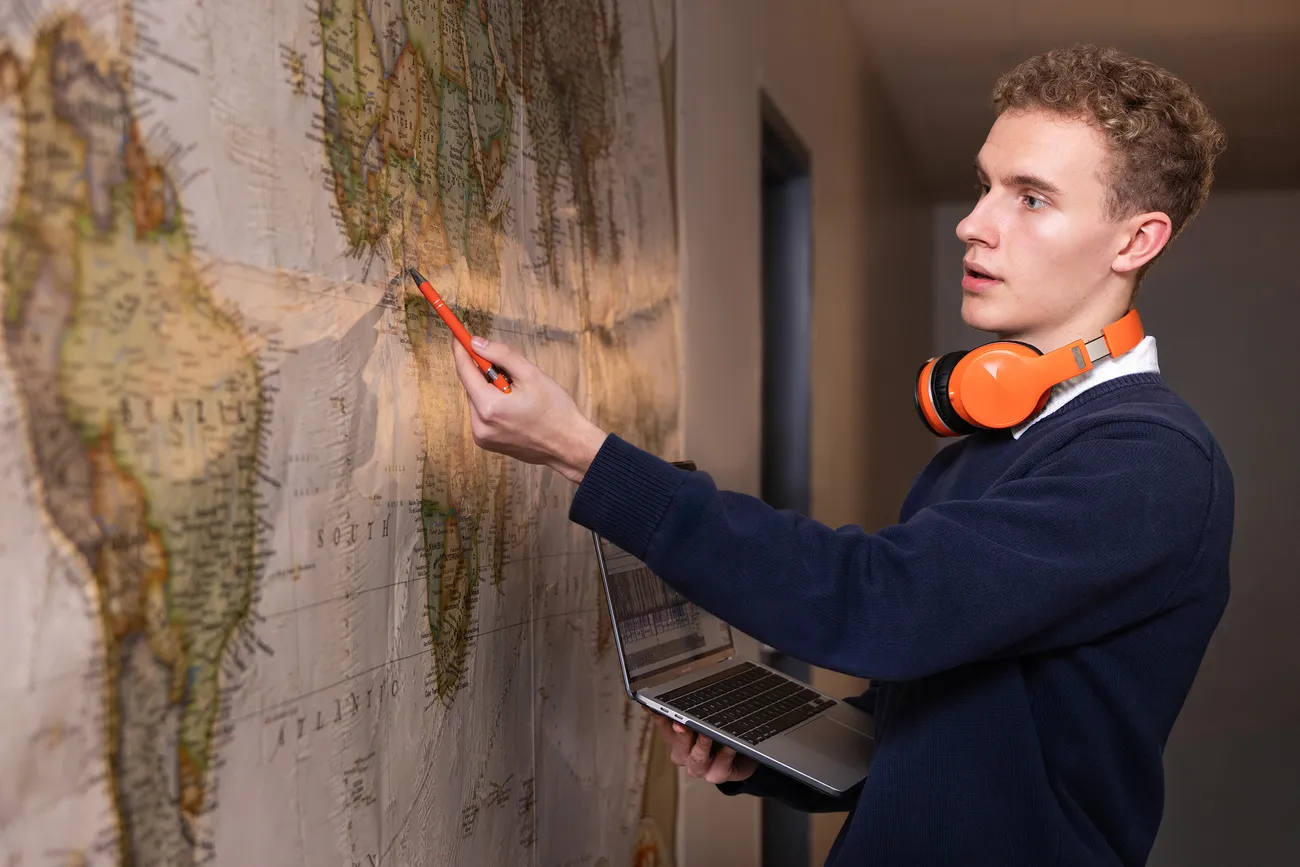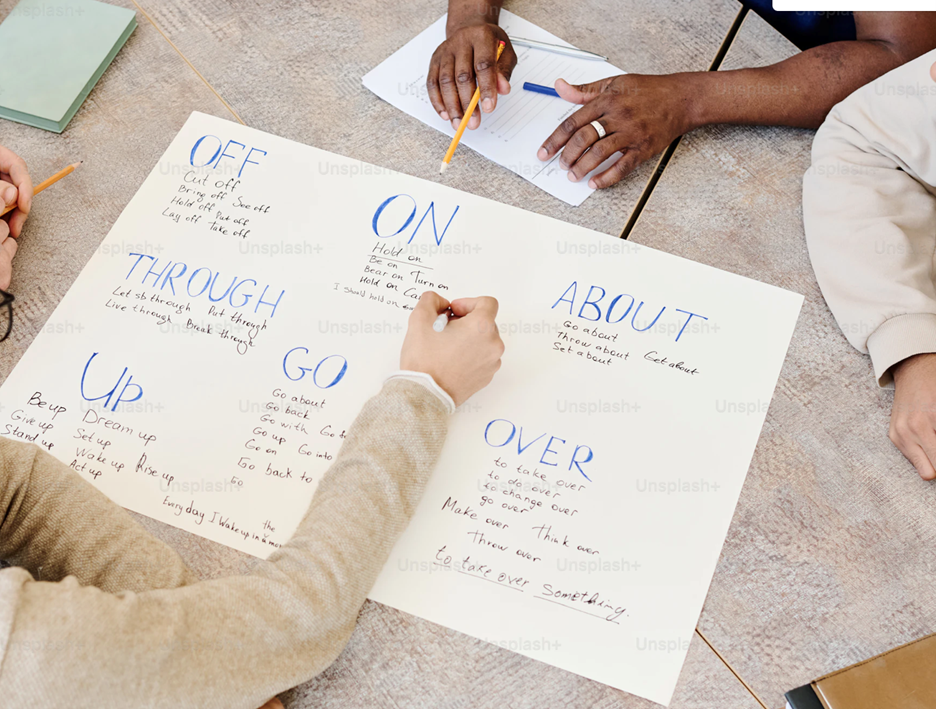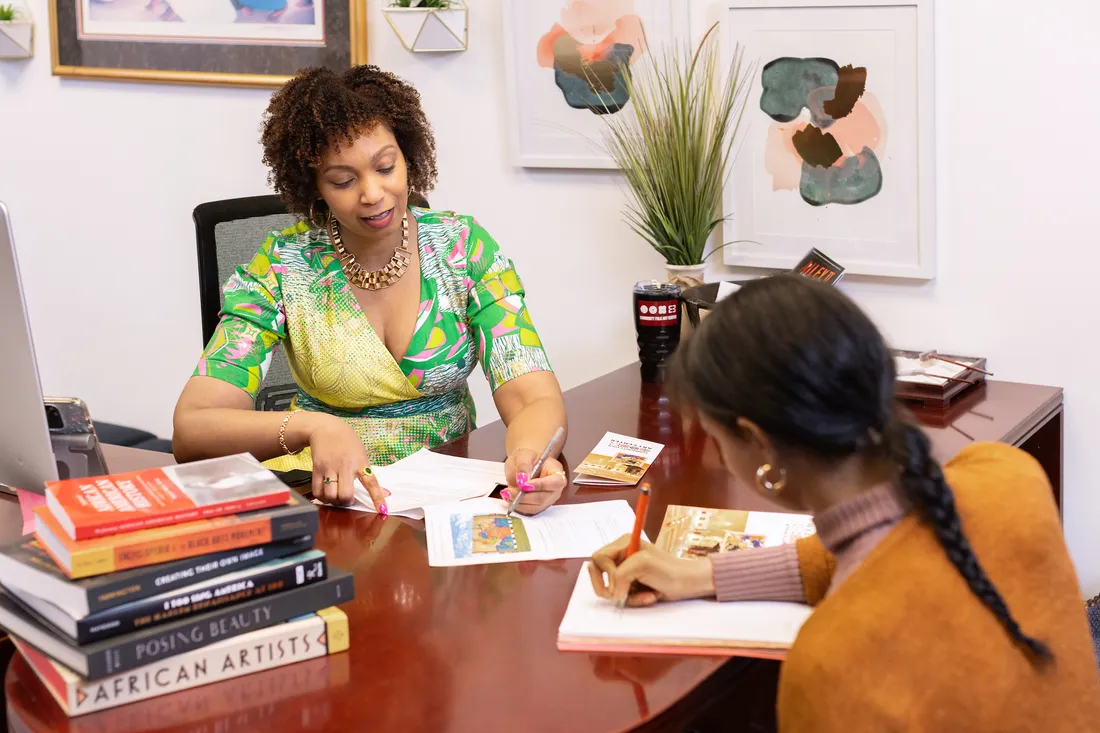Although he’s only a sophomore at Syracuse University, Aaron Lener ’27 is conducting graduate-level research into a group of largely undocumented languages spoken in Nigeria.
Lener is pursuing a double major in linguistic studies at the College of Arts and Sciences (A&S) and international relations at the Maxwell School of Citizenship and Public Affairs, along with a minor in Russian language, literature and culture at A&S.
He wasted no time after arriving at Syracuse University as a first-year student from his hometown of Homer, New York. At a welcome event for new students before classes even started, Lener talked with Christopher Green, associate professor of linguistics in A&S, and joined his project exploring the Jarawan languages, a small group of 20 to 25 languages spoken in Nigeria.
The Internet Makes Research Possible
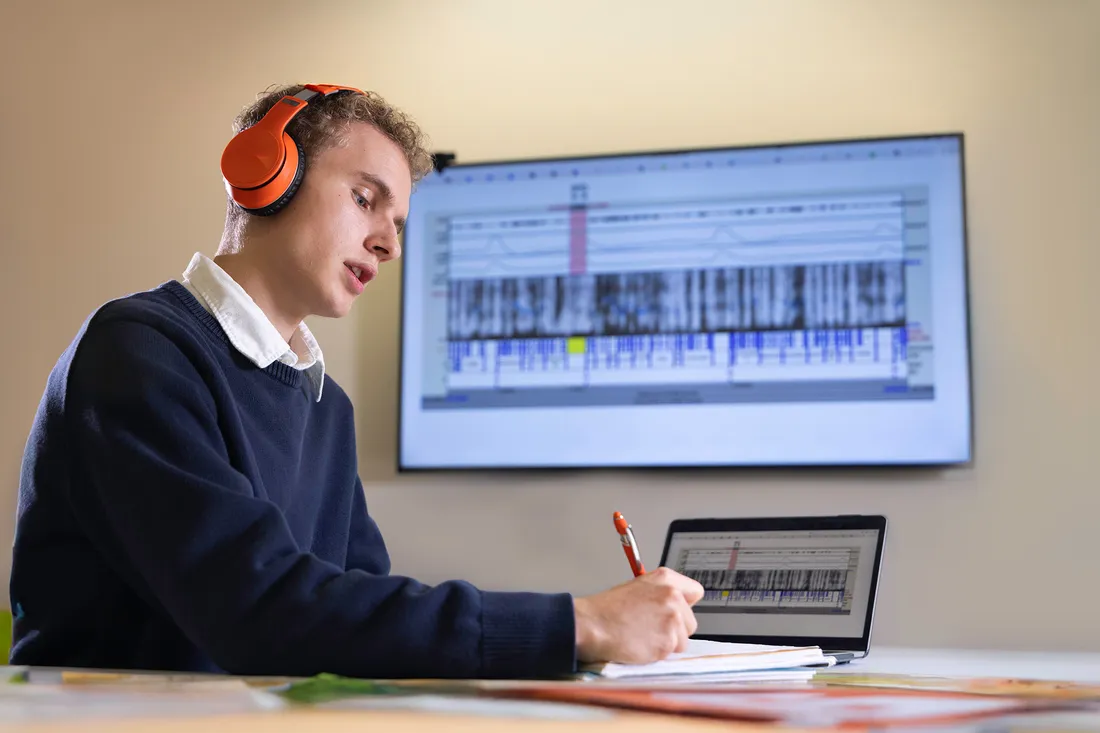
Aaron Lener ’27 translates WhatsApp messages sent to him in Jarawan languages, a small group of 20 to 25 undocumented languages spoken in Nigeria. Lener speaks the translations aloud as he hears them and views the audio waveform, which he says helps with intonation and rhythm.
The project’s goal is to create the first dictionaries and reference grammar for the languages, Lener says. They’re largely undescribed and undocumented because linguists have been unable to travel to the region where they’re spoken, due to the difficult geography and ongoing political tensions. But the internet has changed everything.
Now, Lener and his colleagues can send lists of English words to language consultants in Nigeria who translate them, pronounce them in their native language, and send back recordings using WhatsApp. In other cases, the consultants record a story that the Syracuse University researchers translate into English.
“Having them give these oral histories is a great way to really hear how the language is spoken in a natural, relaxed setting,” Lener says. “When you hear this language, you’re reminded this is a part of somebody’s culture, this is how somebody interacts with other people in their daily life, this is the language that somebody was sung to in when they were a child.”
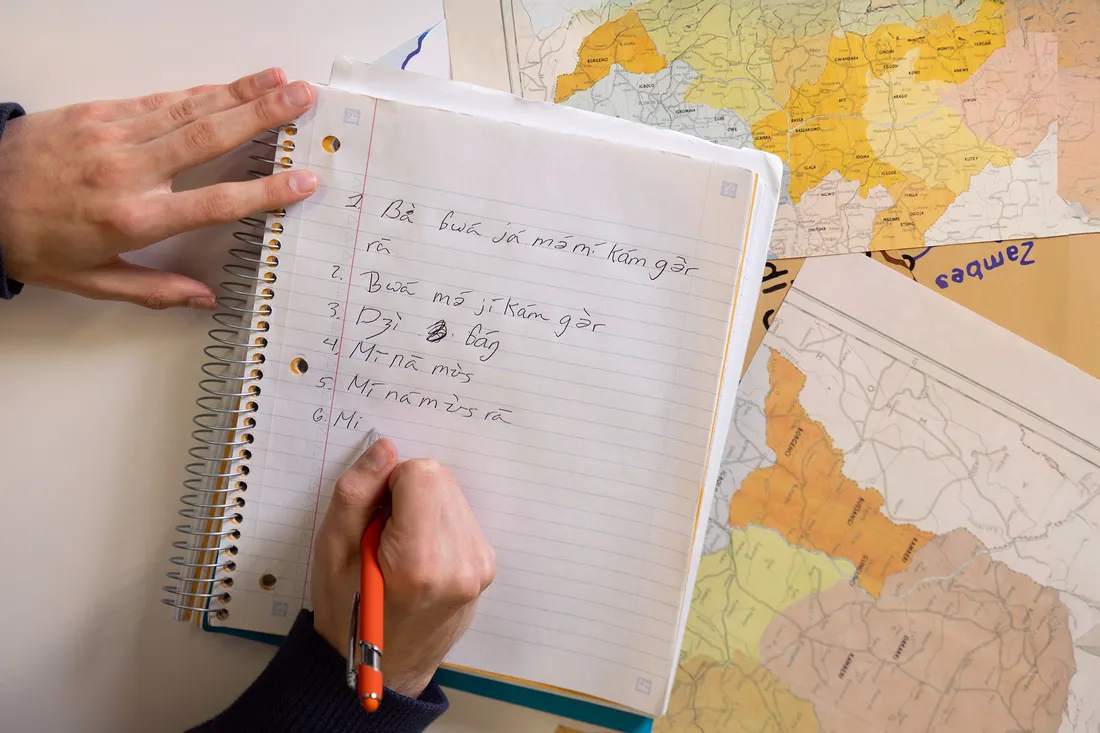
The goal of Lener’s translations is to create the first dictionaries and reference grammar for the languages.
Lener’s current research centers on Jhar, one of the Jarawan languages. He estimates that 20,000 people speak it in Nigeria, a country that features more than 500 languages. But aside from the cultural value, people may ask: Why study it? “Every single different language adds a piece to our understanding of how humans process ideas and create coherent thoughts and express very complex feelings about the world and judgments about what’s going on,” Lener says. Studying the language also may shed light on migration patterns in Africa, he says, and helps affirm to native speakers that their language is important.
As Lener’s mentor, Green offers help along with great freedom to conduct research. “It’s a very nice relationship,” Lener explains, “because he lets me figure things out on my own, but he’s always there to help me and guide me whenever I need it.” The two are collaborating on a journal article, with Green allowing Lener to take the lead in writing an outline and initial drafts.
Research Complements Classroom Learning
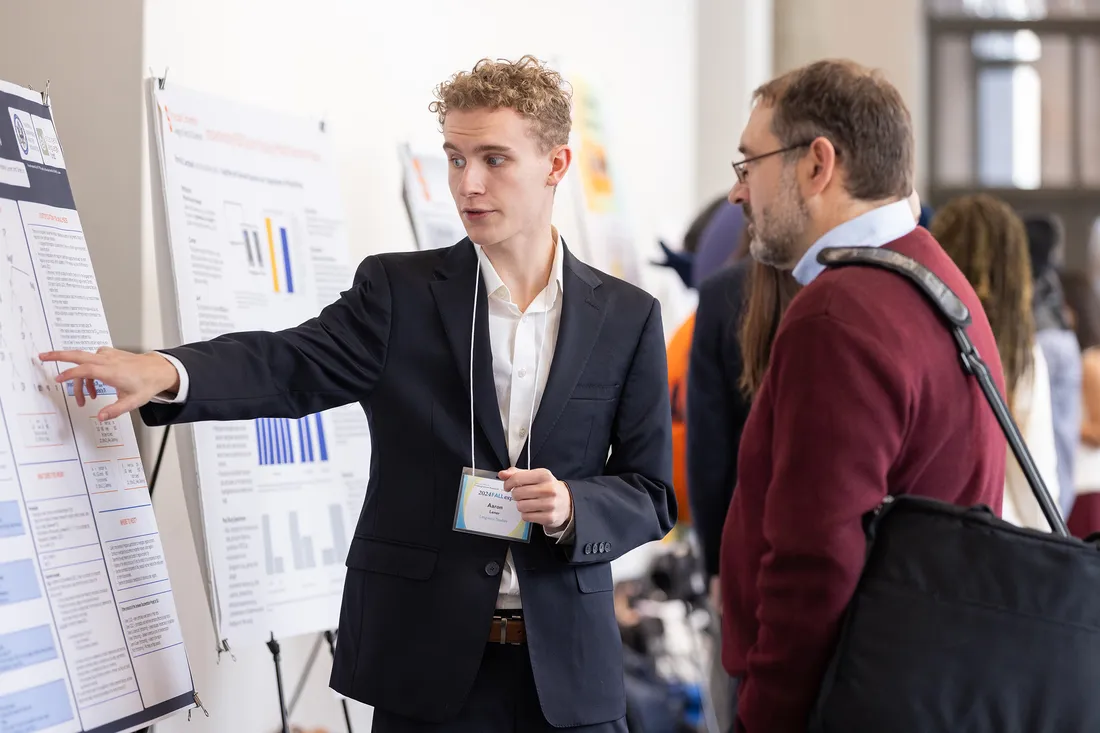
Lener shares his research at the fall SOURCE Research Expo.
It may seem incongruous for Lener to be conducting graduate-level linguistics research before getting into the heart of his own linguistics classes. But Lener thinks it’s an advantage. “One of the many fun parts of this research is that it’s allowed me to learn so much about linguistics before being formally taught in the classroom,” Lener says. “It’s been a bit of experiential learning, which helps me to understand the concepts much better.”
Lener’s interest in languages started young. He began learning German in elementary school and achieved fluency in Spanish by the time he graduated high school. “I love to learn languages,” he says, “but I also love to learn the internal structure of it. I like to say that linguistics is like the math of language.”
Lener embraces his love of language and gives back to the community by teaching four beginner-level English classes a week for refugees from Afghanistan, the Central African Republic, Iraq, Sudan and Ukraine. “There’s quite a range of people I work with,” Lener says, “and it’s been a wonderful learning experience.” Refugee & Immigrant Self-Empowerment (RISE), a nonprofit in Syracuse, sponsors the free classes.
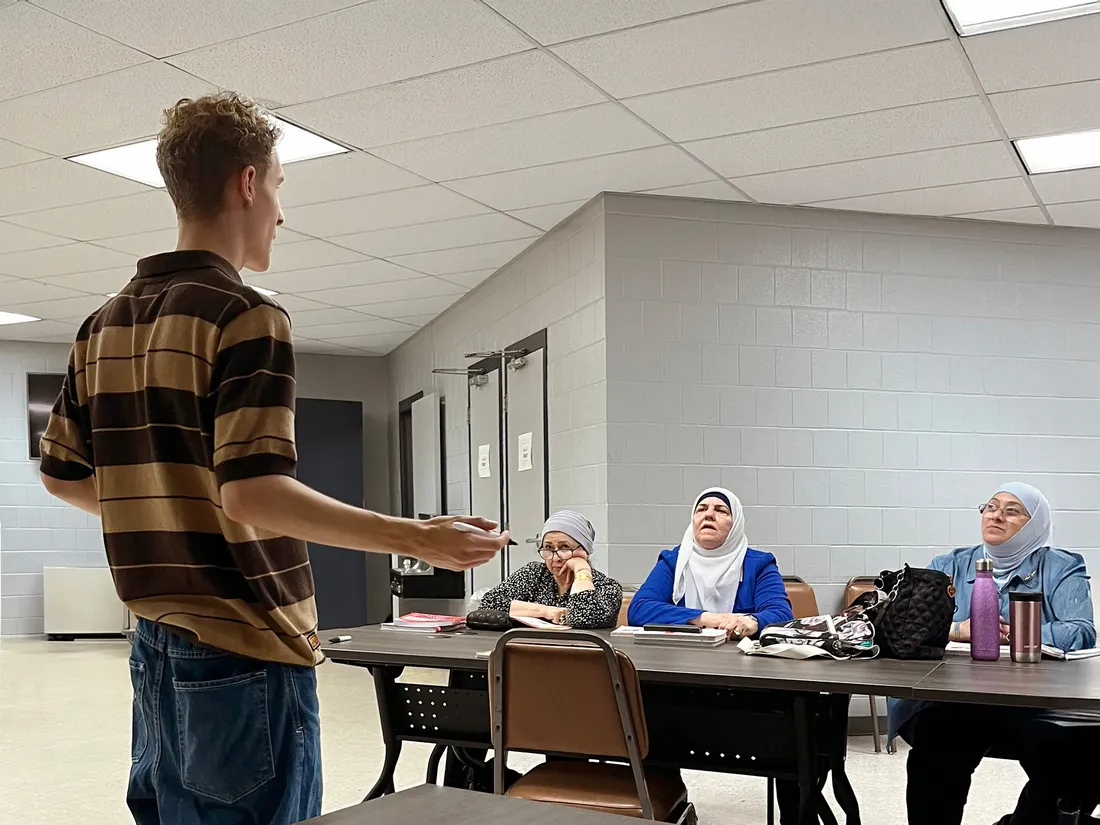
Lener teaches four beginner-level English classes a week for refugees from Afghanistan, the Central African Republic, Iraq, Sudan and Ukraine through the Syracuse nonprofit Refugee & Immigrant Self-Empowerment.
Lener credits a full-tuition Coronat Scholarship with making it possible for him to attend Syracuse University. Only a handful of top students receive the scholarship each year. “I’m incredibly grateful for the program,” Lener says.
With graduation still more than two years away, Lener doesn’t yet have firm plans for what comes next. He’ll likely pursue a Ph.D. in linguistics at some point. In the meantime, he’s pursuing internships to get a taste of possible career options.
“My majors in linguistics and international relations are preparing me for a very diverse possible set of jobs,” Lener says. “They and my minor are giving me the skills and the knowledge to be able to communicate with all sorts of different people and to foster relationships with people from diverse backgrounds. That’s very, very important in the modern workplace, especially as we enter a more globalized world.”

